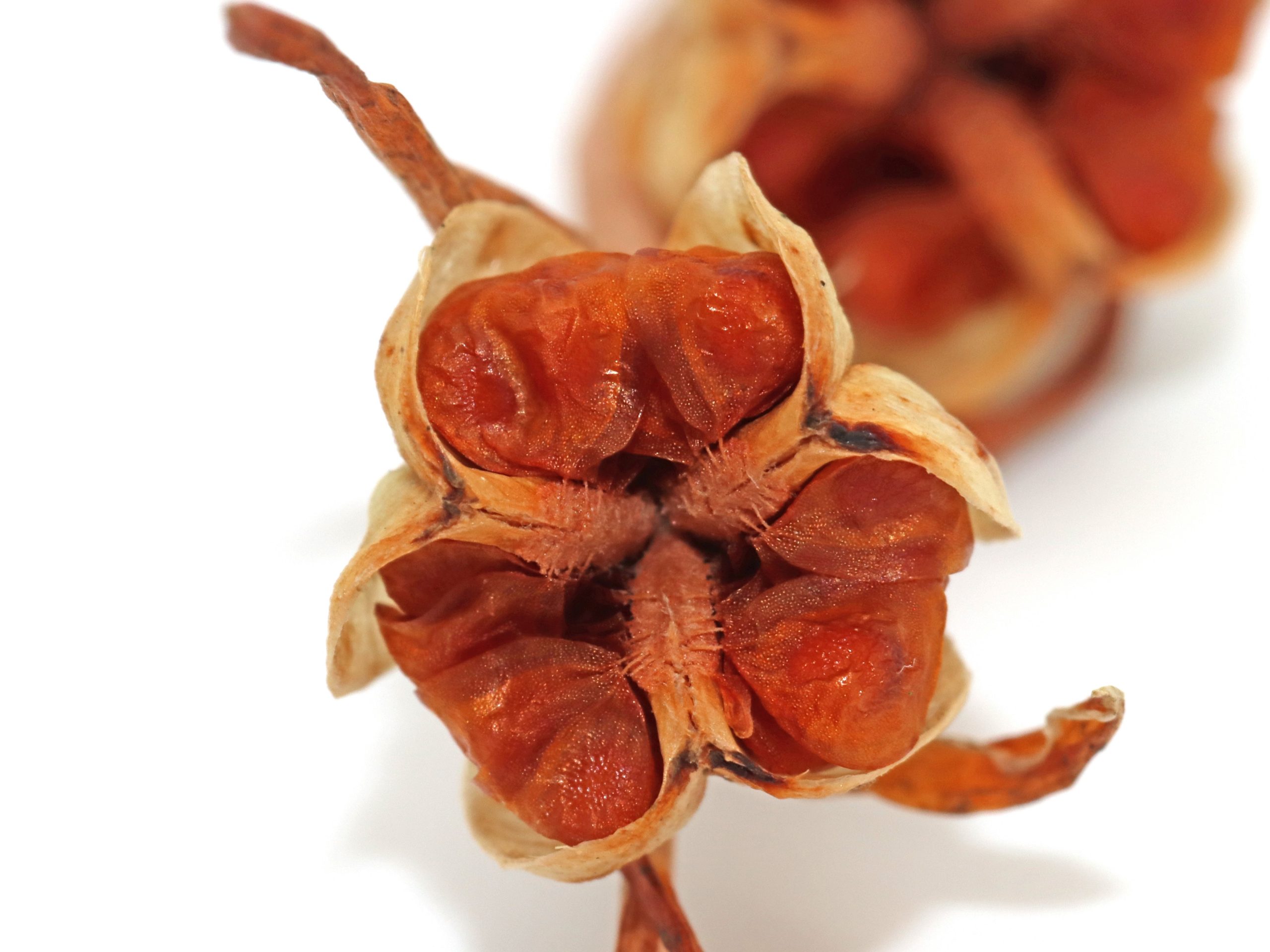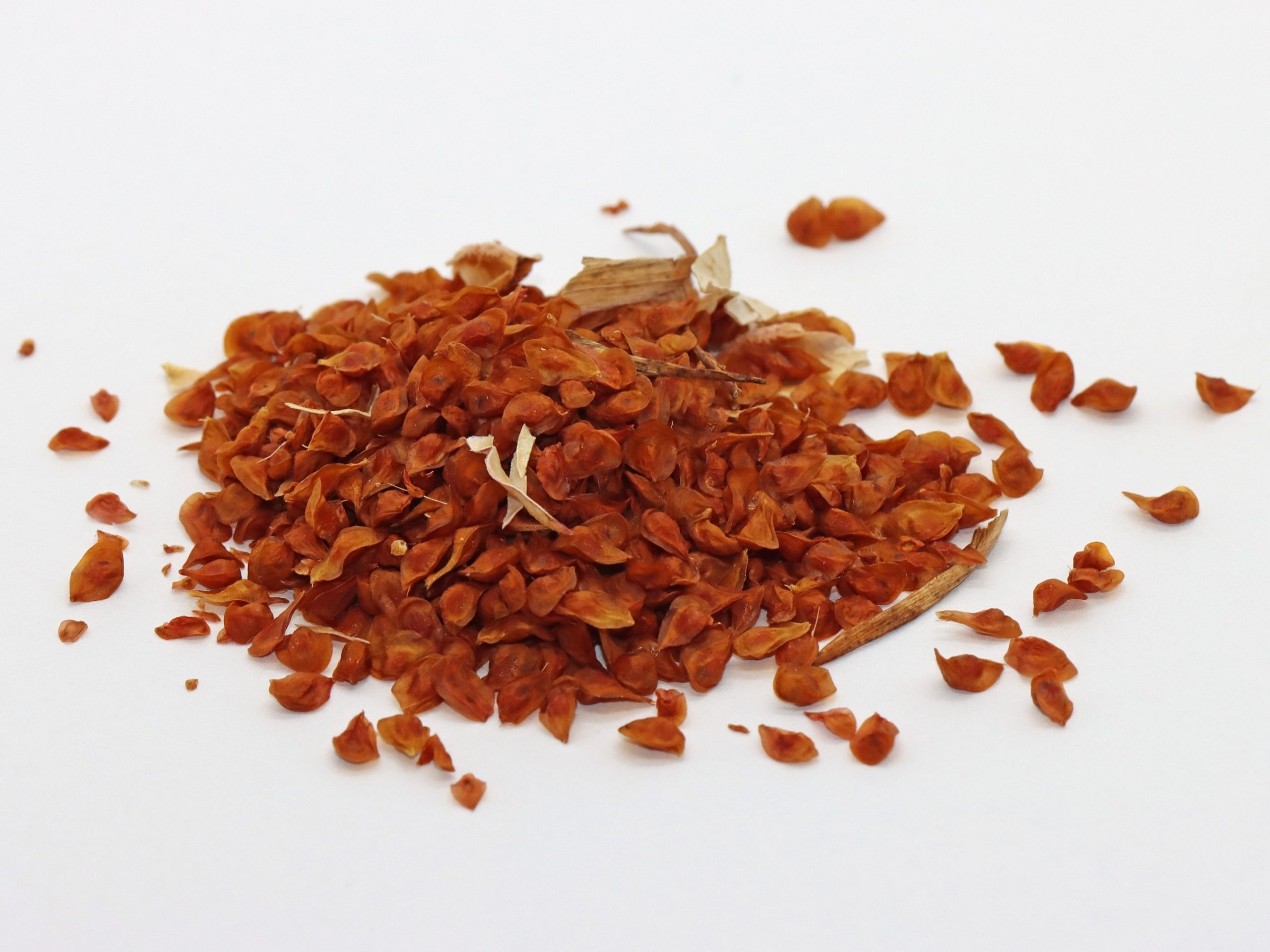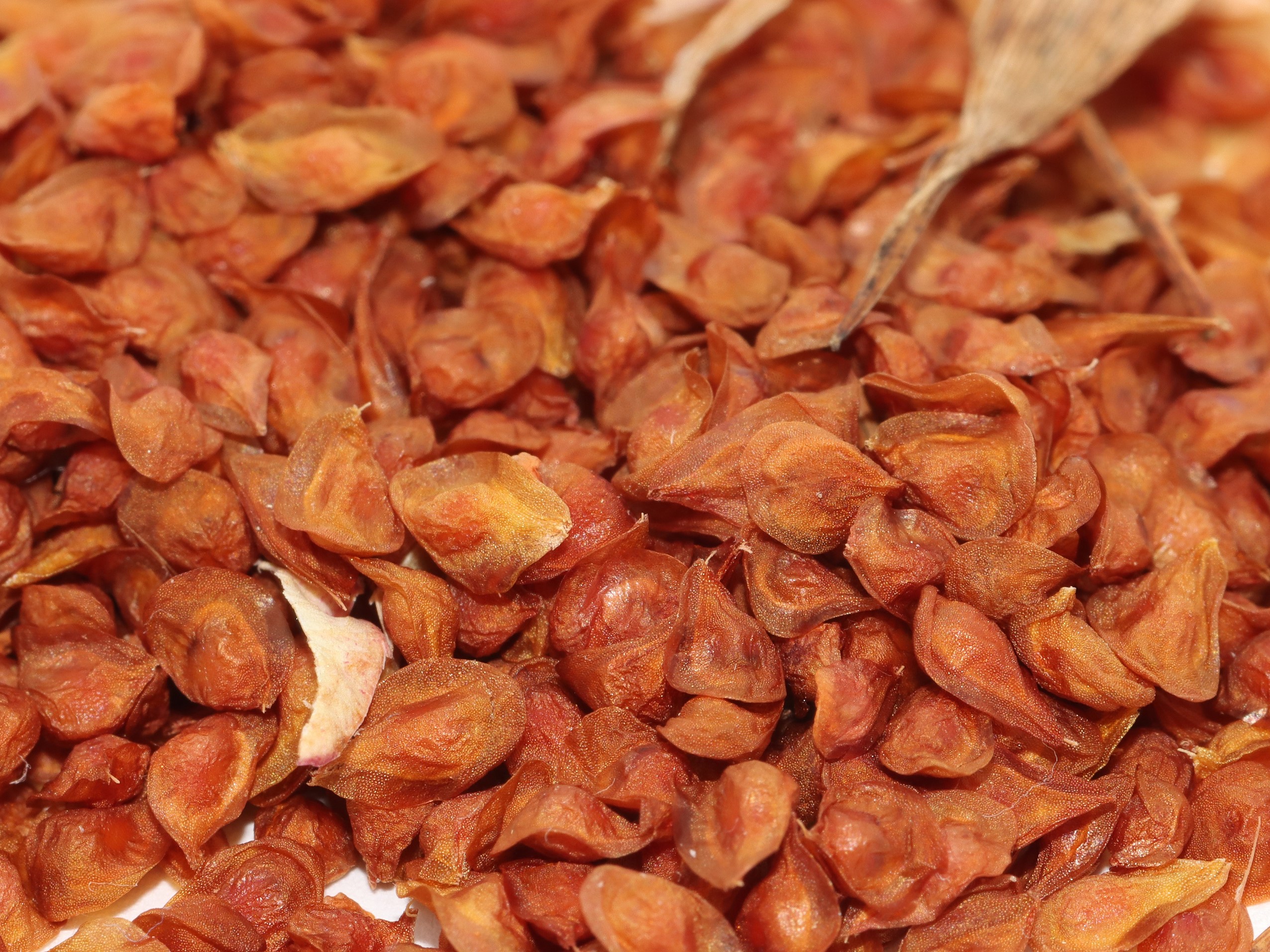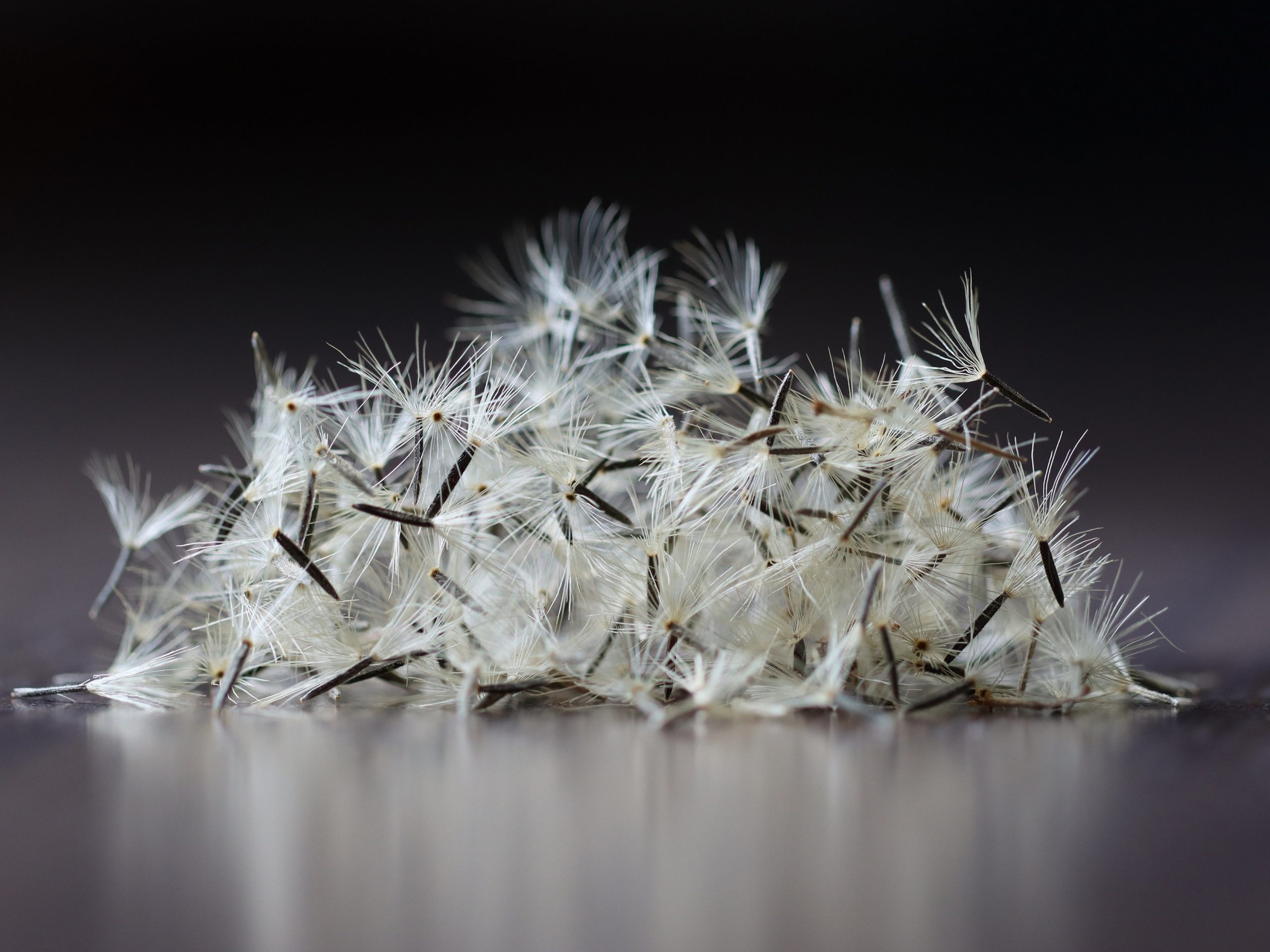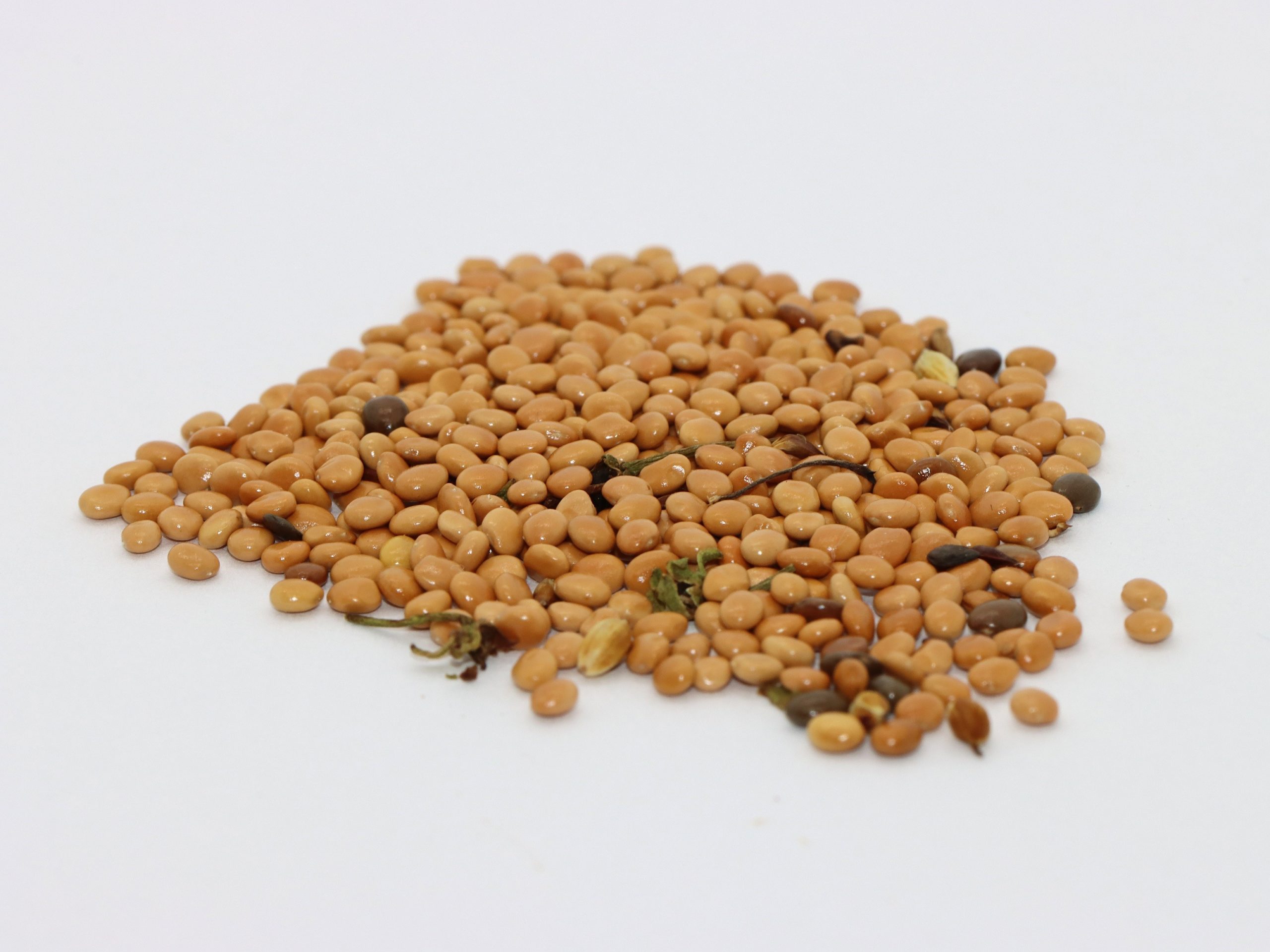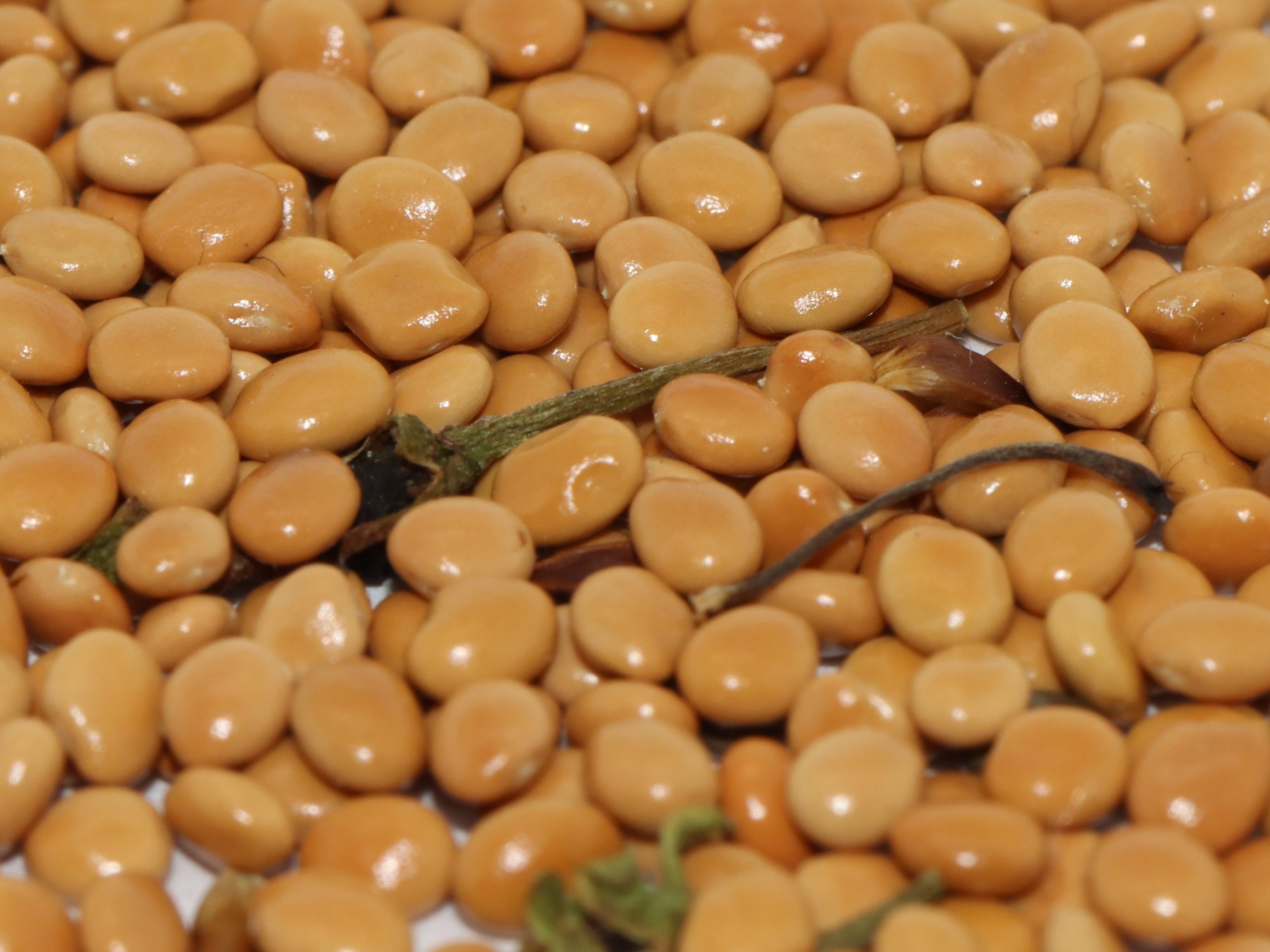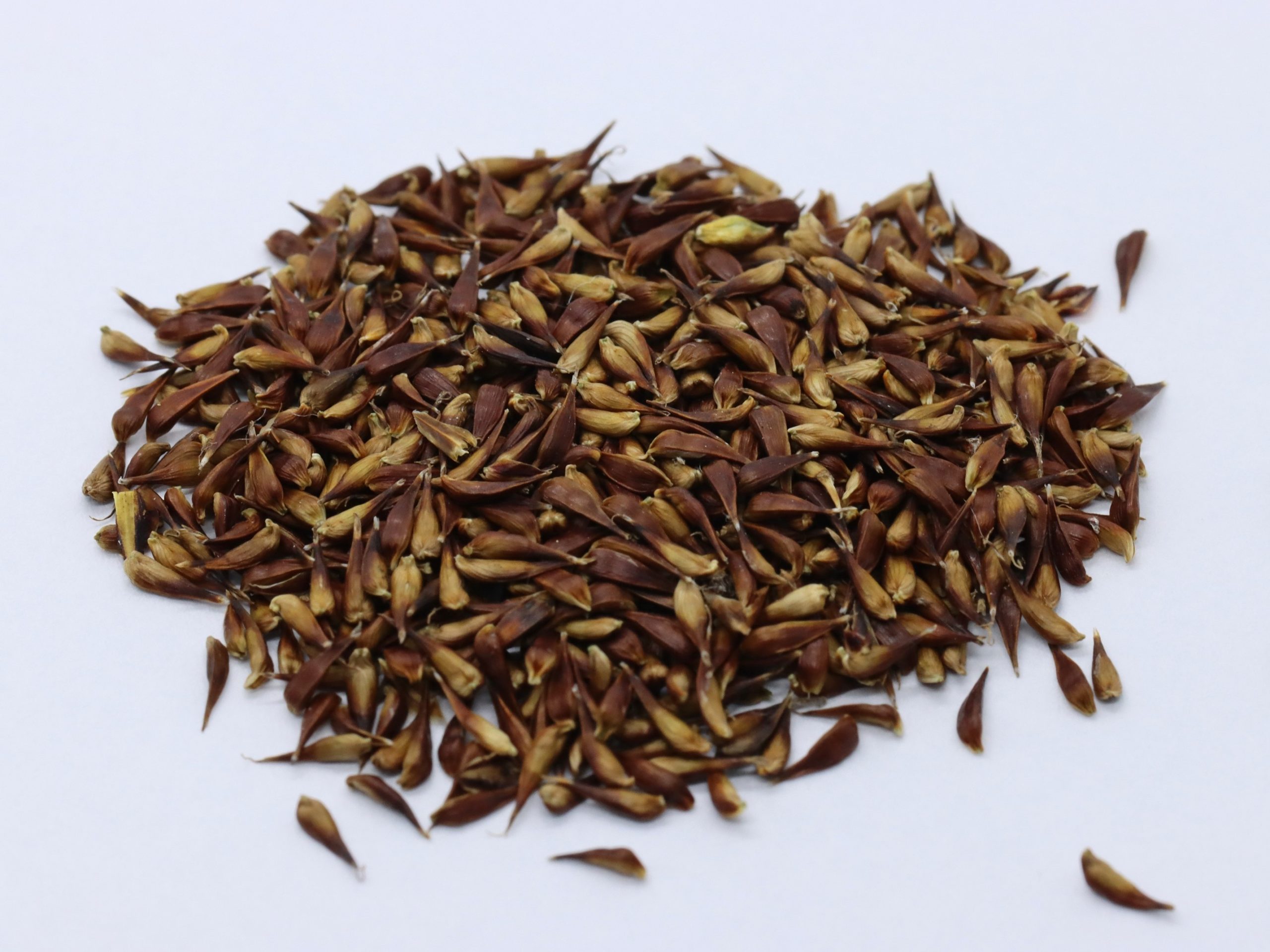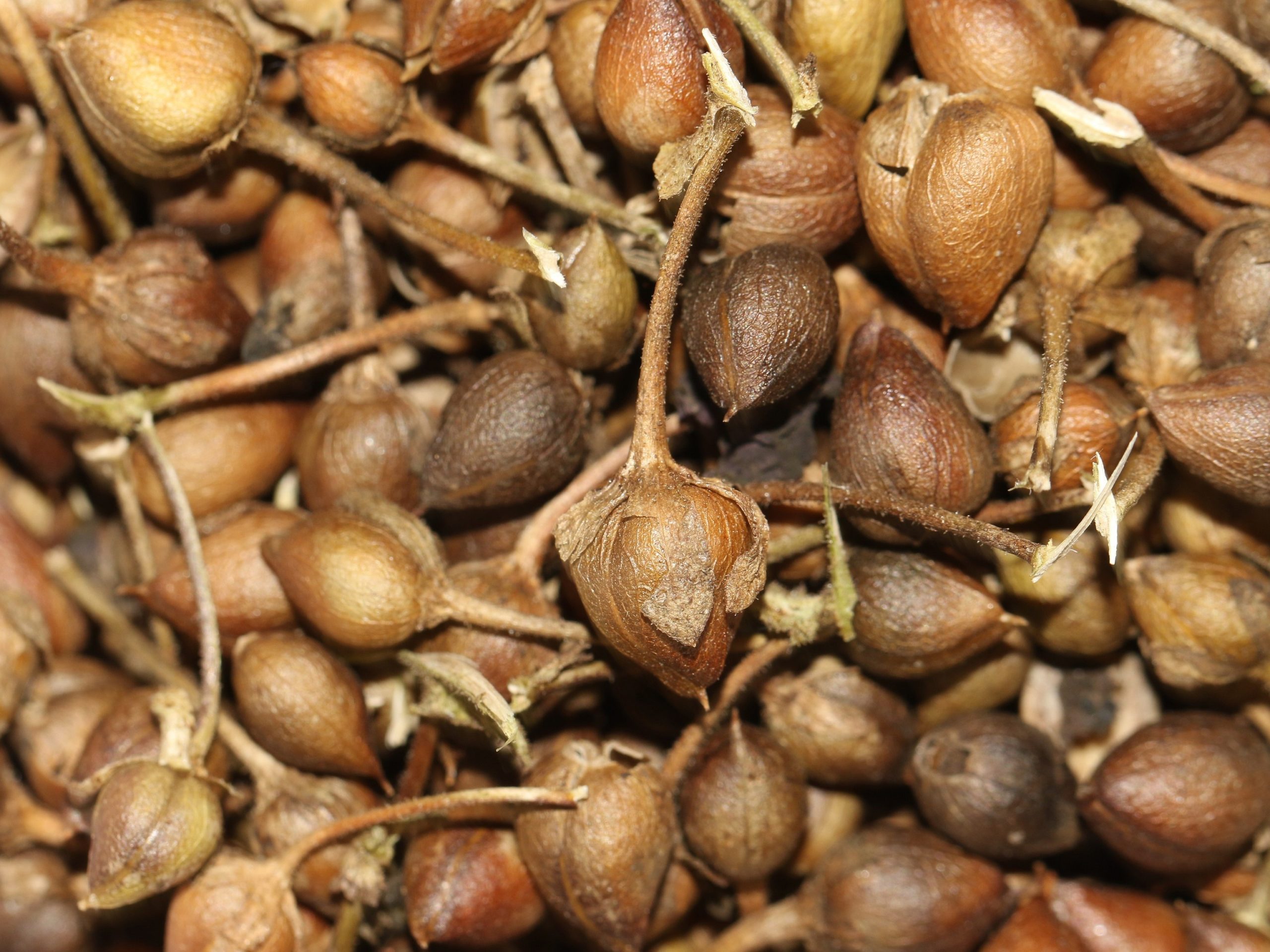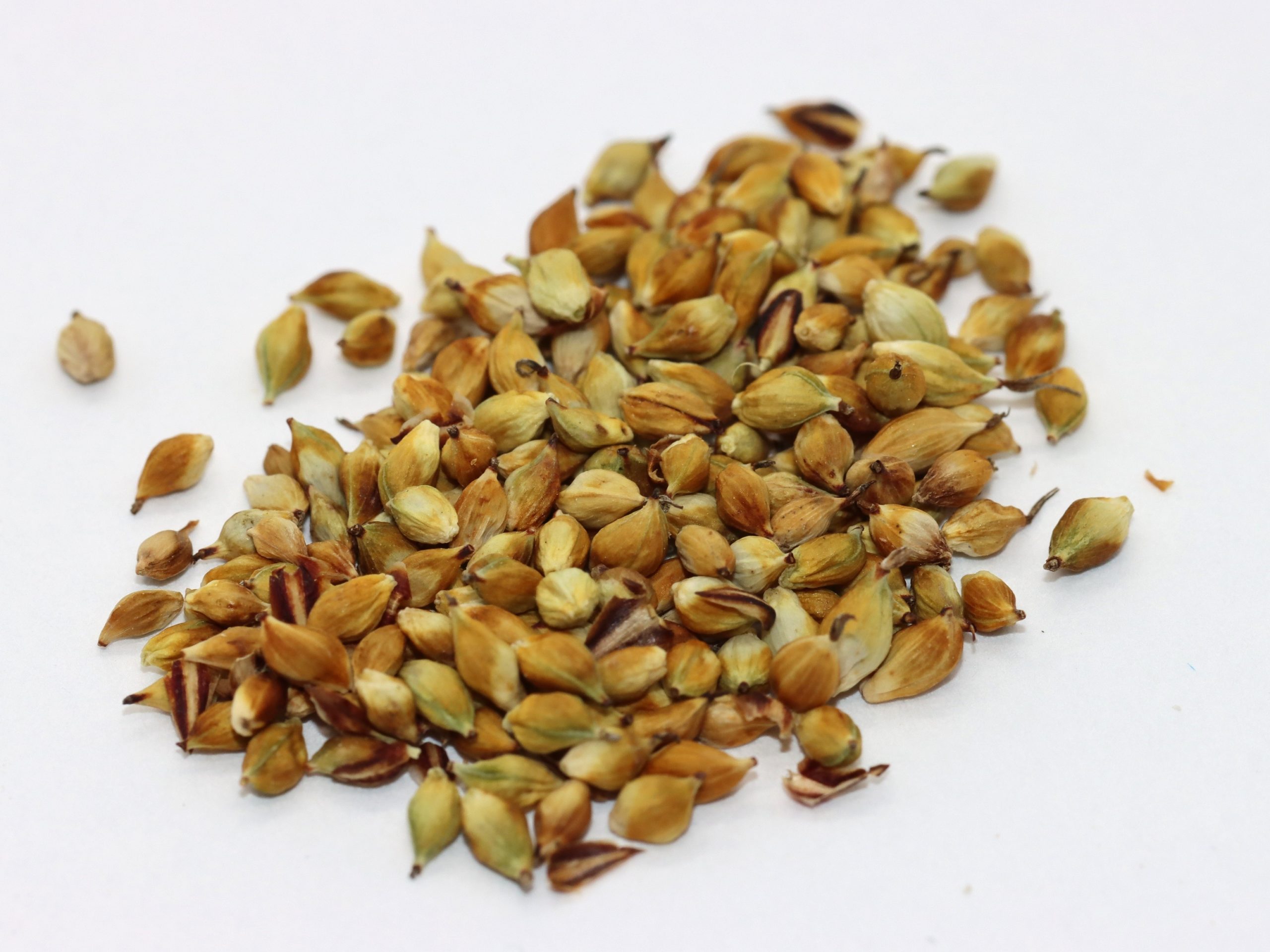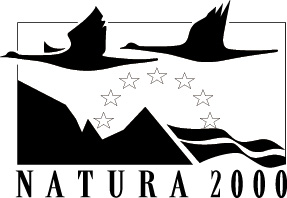Ex-situ plant conservation is defined as conservation and maintenance of plant material outside its natural environment, either in the form of the whole plant or as seed, pollen and tissue or cell cultures. This type of conservation plays a complementary role to the in-situ conservation (defined as conservation of species in their natural environment), providing some sort of a »safety back-up« in case of species extinction or population decline in the wild.
One of the best examples of ex-situ conservation are seed banks. As the name suggests, their main purpose is seed storage. Professionally established and well documented collection of seeds are not only valuable for plant species conservation, but also for providing material for agriculture, horticulture, research, display, education, propagation of plants to reduce pressure from wild harvesting and species reintroduction and habitat restoration programmes. Previous research has shown, that European seed banks are quite successful in ex-situ conservation of endangered plants at the species level, but much less so on the intraspecific level. This means that most plant species are conserved in a very small number of accessions (0-4), therefore their genetic diversity is not appropriately captured.
In order to increase genetic diversity of seed material stored in Slovenia, we will collect and store 12.000 accessions of 300 characteristic plant species of HT 3180*, 6210 (*) and 6230*.
Prior to permanent storage, the seeds will have to undergo the following procedures:
- cleaning → within which we will either manually or mechanically (using optical seeds sorting machine) remove all impurities (remains of fruit, stems, leaves etc.),
- photo-documentation → within which we will obtain representative photographs of the stored seed material,
- drying → within which we will achieve a low level of seed moisture (approx. 3-7 %) in the drying chamber (at a temperature of approx. 15°C and relative humidity of 15-20 %).
Half of the same accession will be stored at -20°C in two seed banks:
- KIS seed bank, which will be established in the Infrastructure Center Jablje,
- DOPPS seed bank, which will be established in the Ormož Basins Nature Reserve.


